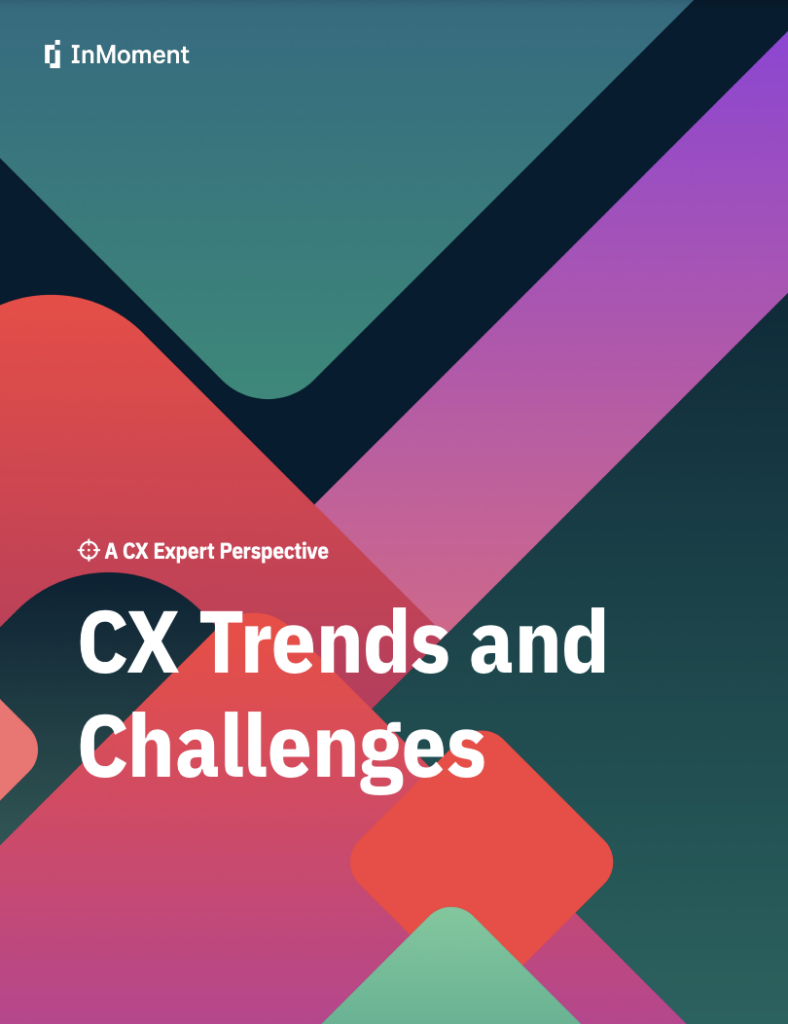
A lot of companies and organizations have gotten a very specific idea of how experience programs and human expertise work into their collective minds these last 20 or so years. The impression is this: experience programs are fully autonomous solutions that can pretty much be set and forget. They can automatically gather data and use that information to solve your business challenges, build better relationships with customers, and help you achieve Experience Improvement (XI).
There’s a good reason this impression is so prevalent: it’s a pretty accurate description of a lot of the experience programs and vendors you’ll find out there. The catch, though, is that technology and data alone can’t actually address any of the factors I laid out in the preceding paragraph. There’s a gap between tech and outcomes that many vendors gloss over in their rush to provide reaction-based, purely DIY solutions, and that’s human expertise.
What follows are three reasons human expertise is vital to actually bridging that tech-outcome gap and creating Experience Improvement for your customers, employees, and marketplace:
- Best Practices
- Problems and Priorities
- Marketplace Intel
Reason #1: Best Practices
When you boost your experience program with human expertise, you’ll have armed yourself with countless best technology practices. It’s true that technology has produced some extremely powerful tools, such as sentiment analysis, but you need human expertise and consultancy to help identify which sentiments are most relevant to your Experience Improvement goals.
In other words, even a tech engine needs a driver. Putting a consultant or thought leader in that seat will make a world of difference for your experience program’s effectiveness. Take time to consider which goals you need your experience program to help realize, design that program with the end in mind, and keep someone at the helm who can make sure your initiative doesn’t stray from the path.
Reason #2: Problems & Priorities
Another reason that fully autonomous experience solutions often fail the brands that use them is that they lack dynamism. They’re programmed with a specific set of parameters and will barge ahead even when problems arise or priorities shift. That’s another reason human expertise is invaluable in a CX setting; having someone handy who can identify problems when they arise or read new writing on the wall can feed that insight directly into your experience program, supercharging its effectiveness.
Even if some of the DIY experience tools out there allow users to tweak for factors like these, doing so without the aid of an experienced practitioner can still leave you open to mistakes. On the flip side, arming yourself with that expertise can make you aware of larger trends and deeper problems than a few cursory adjustments to program parameters can account for.
Reason #3: Marketplace Intel
There’s a market research element to human expertise that can help take your experience program (and your brand) to the very top of your vertical. Experience initiative success stems from a few places, like successfully closing the loop and implementing meaningful transformations, but it also comes from a deep knowledge of your brand’s marketplace landscape. This means understanding customer segments, knowing where to find unsolicited data, and identifying new and emerging trends.
A versatile and powerful Experience Improvement platform can eventually come to account for factors like these, but only when guided by human experience and insight. It takes that expertise to identify audience segments, unsolicited data sources, and more. These experts can then help pour that context and insight directly into your platform, allowing your experience team to furnish specifical, meaningful solutions to your business challenges. It’ll also enable you to do something no DIY program can do: create bold, human, and meaningful relationships with customers that will stand the tests of time and competition.
Creating Experiences, Not Just Numbers
How else can human expertise help shape Experience Improvement success, and how best can brands combine their tech with expertise to create better outcomes for customers, employees, and their marketplace position? To learn more, click here to read my point of view document. I go into greater detail on the nature of human expertise and how intersecting that with technology the right way will help you realize the goals outlined here.


